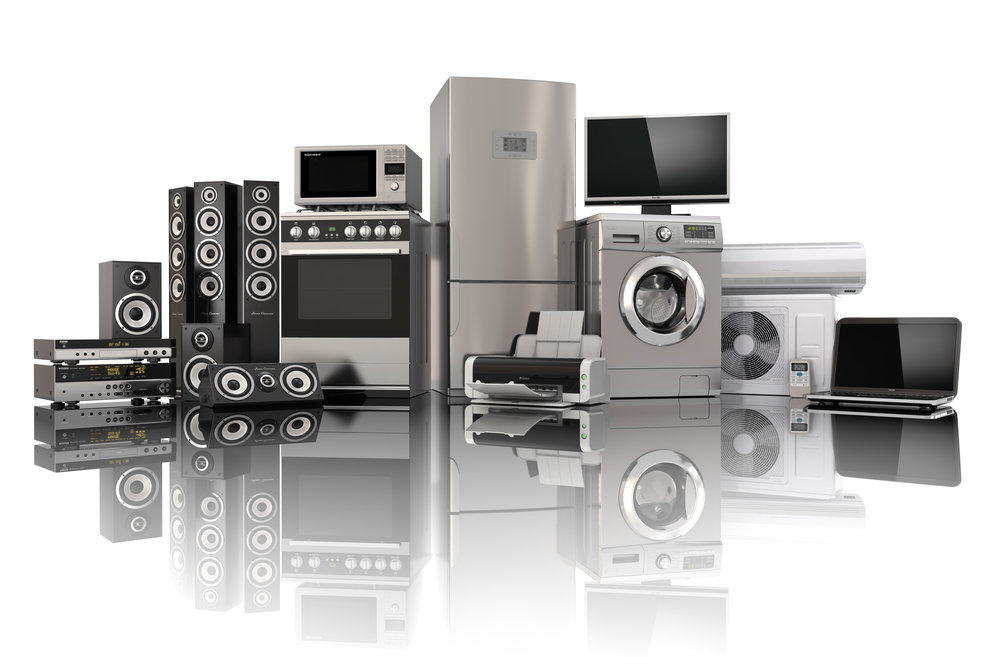Determining Appliance Value for Prospective New Homes
Posted by Ty Wilde on Tuesday, June 11th, 2019 at 7:23am.
There are a number of considerations you may be factoring in when choosing a new home, whether you’re looking for a new construction home, a townhome or condo, or any other kind of lot. Nearly all of these factors will play a role in the price of the home in question, and one important area here to be sure not to overlook is the home’s appliances.
At Eagle Mountain Living, we’ll walk you through appliance quality and any other important questions you have about any of our Eagle Mountain homes for sale. What are some of the appliances we’re talking about here, and how long do they usually last? Let’s go over this information plus some important resources at your disposal for understanding appliance quality in a potential new home.

General Age Ranges for Common Appliances
Here are some of the major home appliances you should be considering in this realm, plus some of the standard age ranges they can normally be expected to fall in:
- Washers: 10 years
- Dryers: 13 years
- Dishwashers: 9-10 years
- Central air conditioners: 15 years
- Furnaces: 15 years for electric options, 18 years for gas options
- Refrigerators: 13 years
- Freezers: 11 years
- Kitchen ranges: 13 years for electric options, 15 years for gas options
- Water heaters: 10-11 years for traditional tank options, 20+ years for tankless heaters
- Additional areas: Some homes contain pools, hot tubs, sprinklers, exhaust systems, security systems or even central vacuum systems you should also check on
Options for Determining Appliance Age and Quality
So how do you know how old or well-used a given appliance is in a home you’re considering purchasing? There are several possible resources:
- Seller or seller’s rep: Reputable sellers should have no issue providing you basic documentation here, including the last time certain appliances were replaced or serviced and any issues that took place. Detailed sellers may even have invoices or sales receipts.
- Disclosure statement: This is a document where the seller is required to list any known issues with the home, though there are varying requirements from market to market in terms of which areas have to be included here. Ask your rep about whether appliance areas will be covered here.
- Serial numbers: If you have approval and the time available, you an actually retrieve the serial numbers from various appliances and look them up online.
- Home inspection: During an inspection, a third party can assess various appliance ages and quality levels with their expertise. Buyers often include an inspection clause that requires the seller to cover any major issues here, so ask your agent about this beforehand.
For more on ensuring appliances in a potential new home are up to snuff, or to learn about any of our real estate agents or property for sale, speak to the staff at Eagle Mountain Living today.

